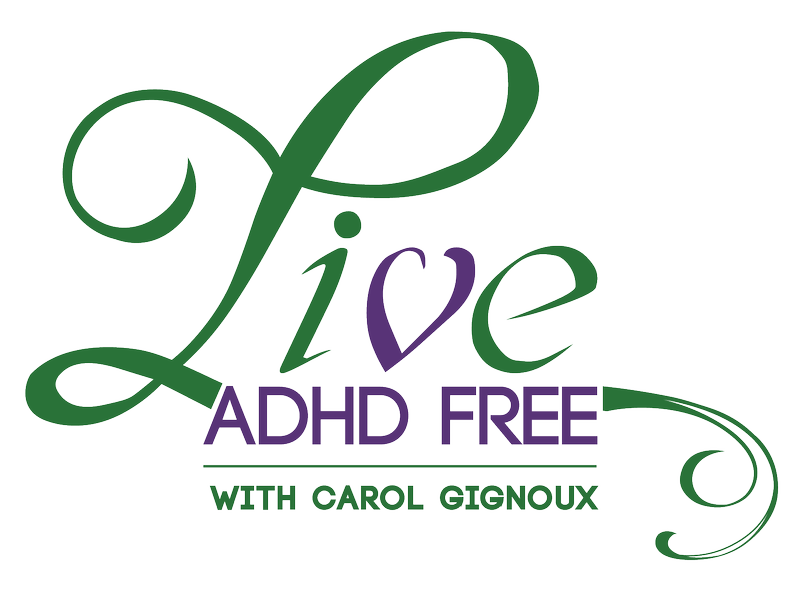Winter is closing in, bringing falling temperatures and less sunlight every day. The reality is that seasonal affective disorder (SAD) is a real thing, that affects up to 5% of the population, according to Psychology Today. SAD correlates to the waning hours of sunlight and colder temperatures. SAD can affect those with ADHD, too, making it harder to handle symptoms. In this post, you’ll learn how to deal with ADHD during the winter.
What Causes SAD?
The exact cause of SAD isn’t definitive at this point. Most experts agree that it has to do with the production of melatonin. Melatonin is a hormone produced at night that tells your body it’s time for sleep. The hypothesis is that your body continues to make melatonin on dark mornings, making you feel groggy and tired when you should have the energy you created during your night’s rest. In some cases, melatonin may also be produced in the early evening hours since it gets darker earlier, making you want to go to sleep much earlier.
Is SAD treatable?
Yes, it can be. Many experts have recommended exposure to certain lightboxes, which mimic the sun’s rays. On the other hand, you could spend more time outside as well during the light hours. However, this isn’t possible in some areas, as it’s too cold, or there just isn’t any sunlight because of winter weather.
A new study has found that a better answer to the light therapy could be cognitive behavioral therapy (CBT), which seems to have a more lasting benefit. The study determined that 27% of the CBT group—those that had therapy to deal with SAD—did not have a recurrence the next year. Whereas 46% of the light therapy group did.
Melatonin supplements are also a popular treatment. This may have some challenges as well. It can actually shift the 24-hour body clock. If melatonin is to be used, a low-dose in the morning coupled with therapy—whether light or cognitive—is your best bet.
How to Deal with ADHD When You Have SAD, Too
Learning how to deal with ADHD is hard enough with other outside factors. You may already have symptoms that point toward depression, and lack of sunlight could make it worse. ADHD also can disrupt sleep, as your mind continues to race about everything you did or didn’t do the day before.
So, what should you do if your battling ADHD and SAD? Getting as much natural sunlight as possible is a good start. If this isn’t possible then you may want to consider light therapy. You will probably find that the best way to deal with any emotional changes is by working with a therapist and an ADHD coach. A therapist can certainly help you manage depressive symptoms, while an ADHD coach works with you to create new habits and coping mechanisms to deal with your impulsivity, lack of focus, and negative thought patterns. ADHD coaching can help you shift your 24-hour body clock.
Having the winter blues is a true reaction to the changes that come with the season. If you find yourself more susceptible to the symptoms of SAD and find it increasingly harder to handle ADHD symptoms, consider working with an ADHD coach. At Live ADHD Free, you can have the opportunity to work with the pioneer of ADHD coaching, Carol Gignoux. She’s spent her career helping those with ADHD overcome something they think is a deficit. Contact Carol today for more information about ADHD coaching.

